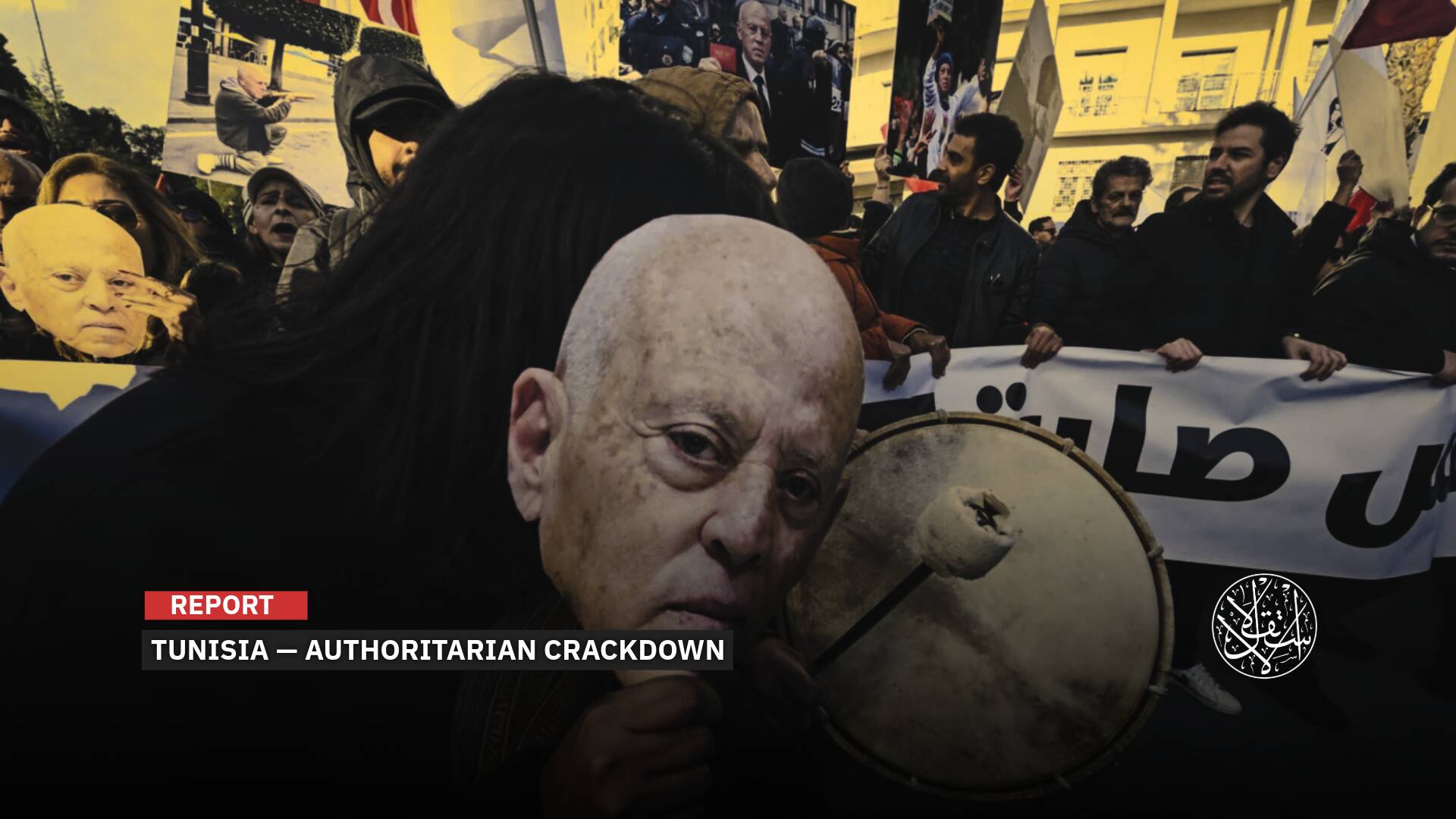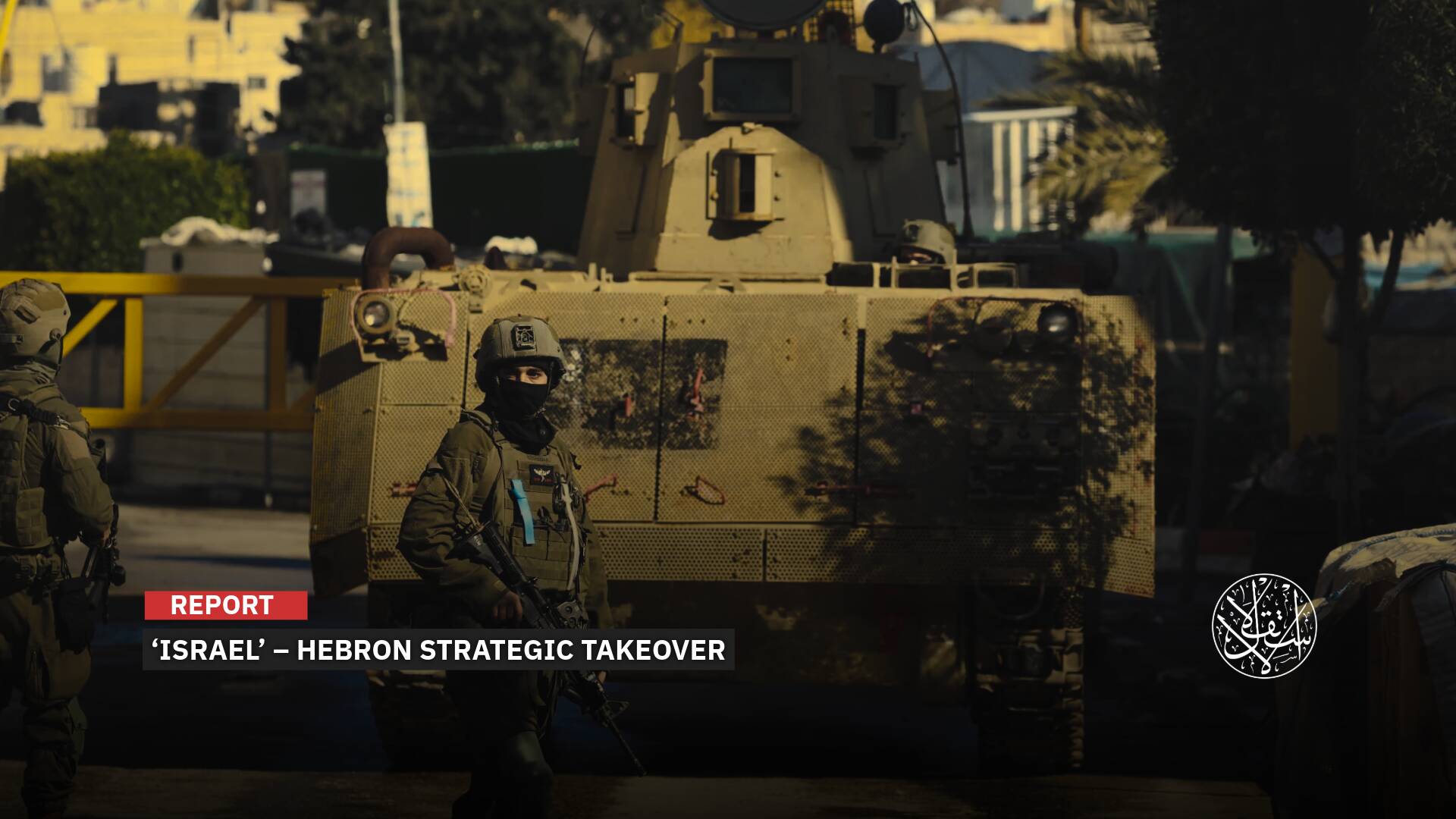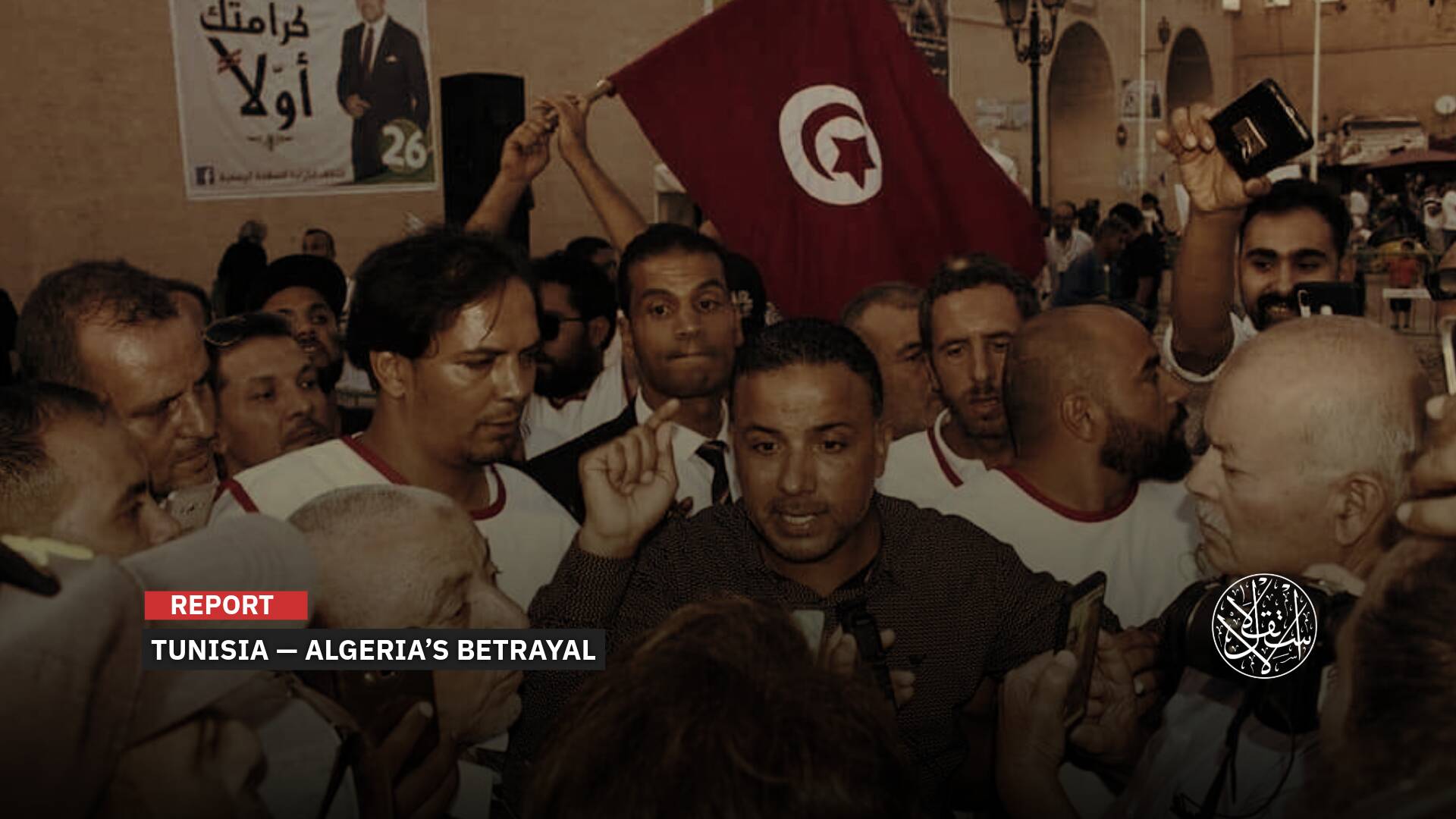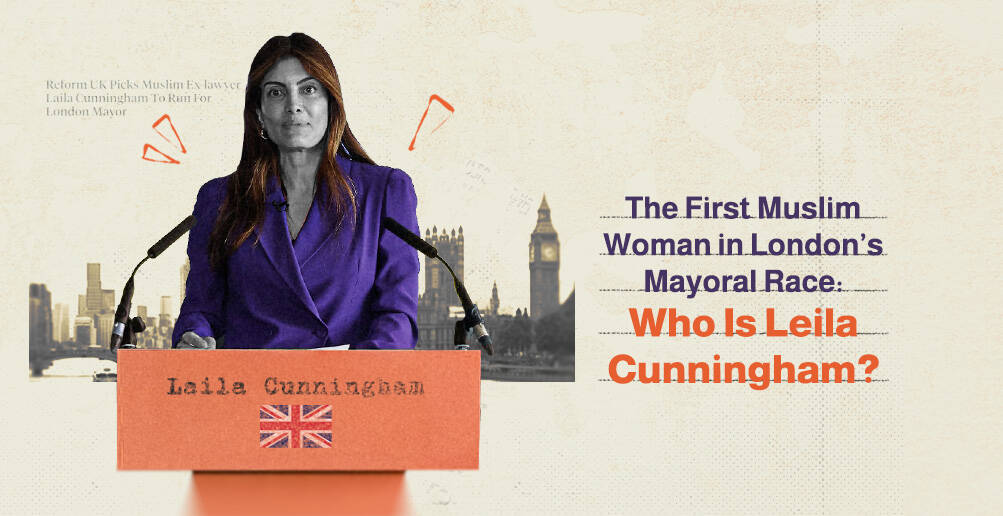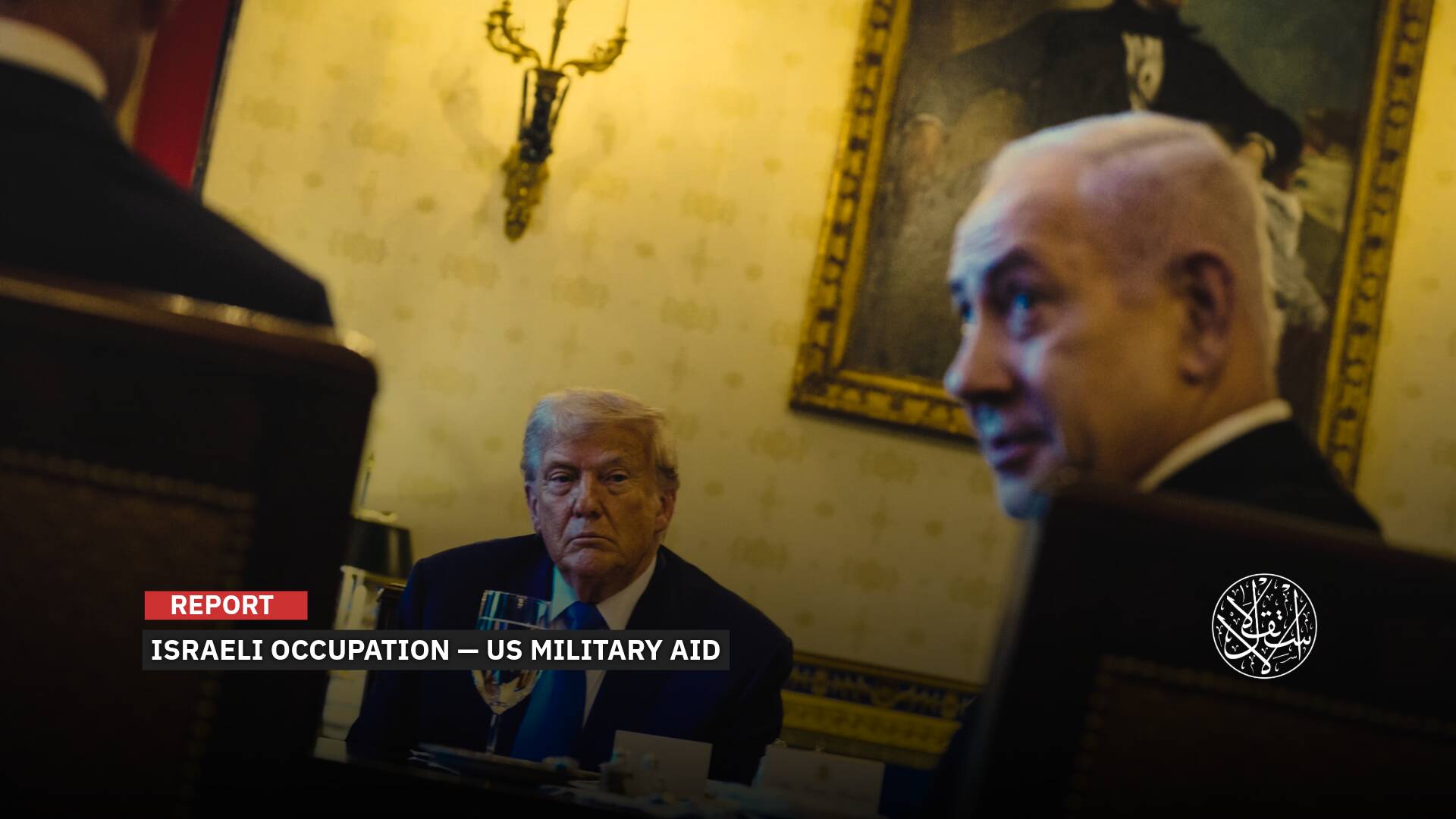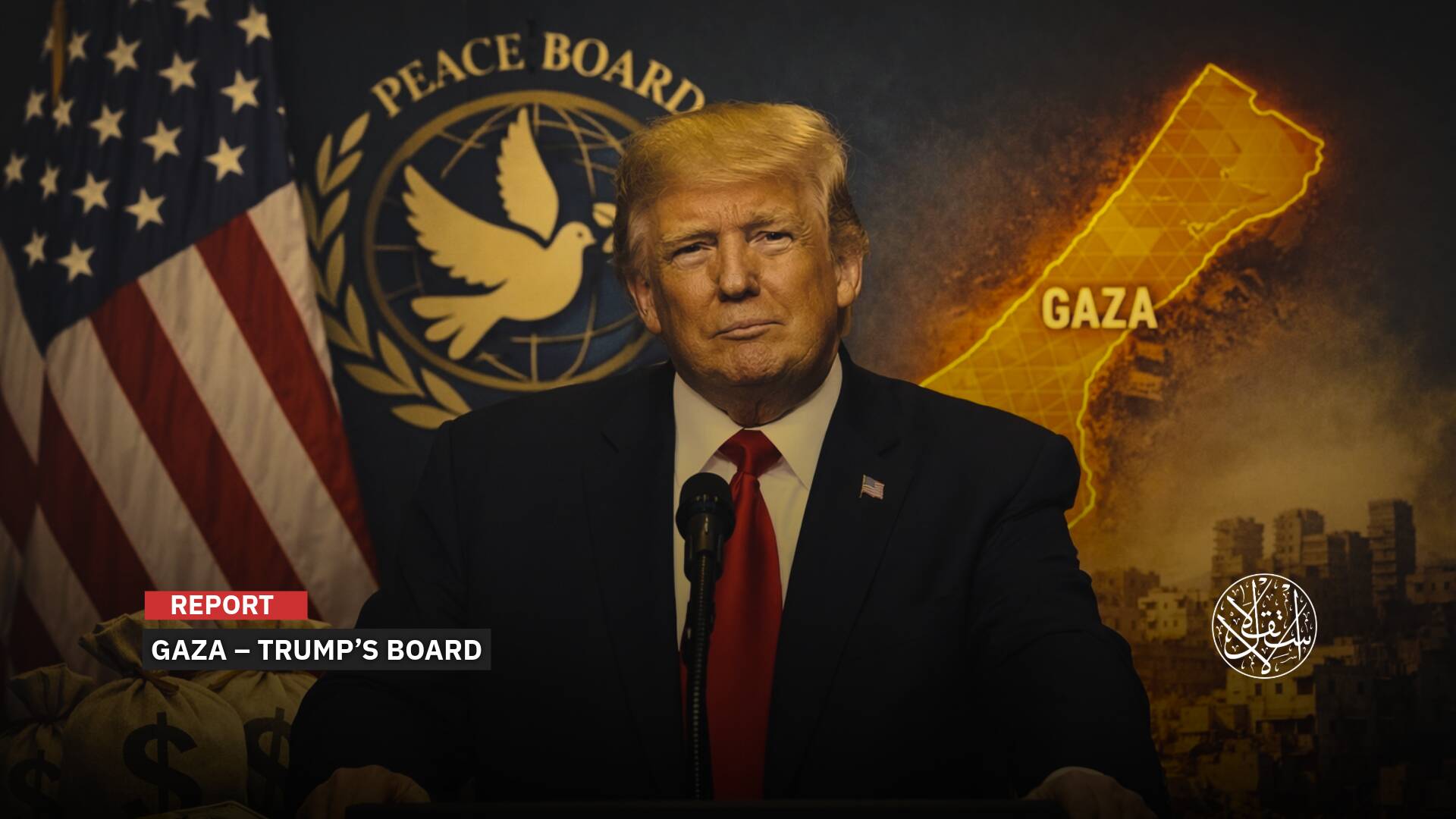Clash of Institutions and Intensified U.S. Intervention: What’s Unfolding in Libya?

“All Libyan institutions—without exception—have exceeded their original mandates.”
Political events in Libya are rapidly unfolding, as international efforts on the Libyan issue intensify, with a particularly noticeable surge in American involvement aimed at reconciling the warring factions in the east and west.
In a significant move, the Presidential Council, which assumes the role of the country's head of state, has unveiled a series of legal measures, the most notable of which includes a review of decisions issued by the House of Representatives in Tobruk since 2021.
This review suggests the potential annulment of some decisions, casting doubt on the council's own authority, and even threatening its dissolution unless there is compliance.
The sudden decrees issued by the Libyan Presidential Council head, Mohamed al-Menfi, have sparked a fresh wave of disputes over institutional powers.
The House of Representatives, along with the internationally unrecognized government in eastern Libya loyal to Khalifa Haftar’s coup, swiftly condemned the measures as "void and null."
This move raises pressing questions about the potential consequences and the future prospects for the dissolution of both the House of Representatives and the State Council.
Expectations are growing that further decrees could soon be issued, potentially leading to the dissolution of both the House of Representatives and the State Council.
This would accelerate efforts to unify the executive authority and pave the way for elections aimed at ending the fragmentation, establishing a new political reality.
These developments follow calls from the UN Special Envoy to Libya, Hanna Serwaa Tetteh, for elections.
“All Libyan institutions—without exception—have exceeded their original mandates regarding legitimacy,” Tetteh said.
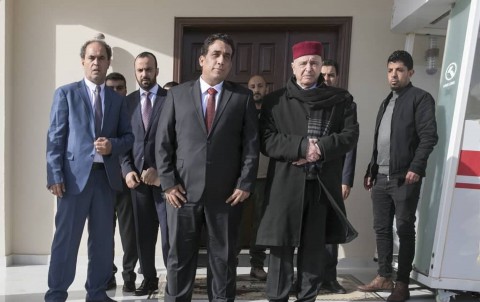
What's Behind the Decrees?
At the close of April 2025, Libya's Presidential Council – the country’s highest authority – issued three presidential decrees, grounded in the Constitutional Declaration of August 3, 2011, which grants it the power to legislate and enact laws.
These decrees form part of the initial phase of a National Rescue Plan, with a total of 12 presidential decrees set to be rolled out in the coming months.
The first decree stipulates the suspension of the constitutional court law enacted by the House of Representatives in eastern Libya (Law No. 5 of 2023), which competes with a similar court in Tripoli.
Previously, in December 2022, the House of Representatives approved a law to establish a Supreme Constitutional Court in the city of Benghazi (in the east), effectively replacing and competing with the Constitutional Chamber of the Supreme Court in Tripoli (in the west). The Presidential Council, however, has rejected this move.
In June 2023, the House of Representatives escalated its actions, unanimously voting to select the president and members of the Constitutional Court.
Then, on September 19, 2024, the Benghazi Municipal Council officially inaugurated the headquarters of the Supreme Constitutional Court, with the attendance of several members of the House of Representatives, court officials, and heads of various judicial bodies.
The "second decree" outlined the mechanisms and conditions for the election of the "National Reconciliation General Congress."
Each municipality is to have a representative in this congress, which will consist of members elected from municipalities across Libya.
Meanwhile, the "third decree" established the "National Commission for Referendums and Elections," to be chaired by Othman Ghajiji, with 11 additional members appointed to serve on the commission.
The decrees were supported by Abdulhamid Dbeibeh, the Prime Minister of the Tripoli-based Government of National Unity, who described them as "a step towards restoring Libya's strength and unity."
However, they were met with opposition from Aguila Saleh, the President of the House of Representatives, and Abdullah al-Lafi, the Deputy President of the Presidential Council.
Saleh claimed that the Presidential Council had "failed in its duties" and argued that the constitution did not grant it the authority to issue decrees as laws.
"The presidential decree annulling the law establishing the Constitutional Court constitutes an overreach into the legislative branch’s work and is null and void," he stated.
He called for the priority to be the formation of a unified new government.
Al-Lafi, on the other hand, opposed the presidential decrees, arguing that such decisions required a collective resolution by the council and could not be made unilaterally.
In a post on Facebook, he clarified that the decrees did not represent the Presidential Council as a whole, and that they carried no constitutional or legal weight, dismissing them as effectively meaningless.
Presidential Council vs. Parliament
As expected, the House of Representatives loyal to Haftar rejected the decisions and decrees issued by the Presidential Council. In response, the latter took a preemptive step ahead of the scheduled session in Benghazi.
On May 5, 2025, the council issued a statement outlining a series of demands, summarizing that Aguila Saleh's laws since March 2021 required review, with some likely to be annulled. It further emphasized that the parliament should coordinate with the Presidential Council in issuing laws.
Should the parliament fail to comply, the Presidential Council threatened to take action against it, either by suspending its work or dissolving it entirely.
In his address, Presidential Council head Mohamed al-Menfi urged the House of Representatives to refer all laws passed since March 15, 2021, to the council, so they could either be reissued in alignment with the political agreement or annulled entirely.
Al-Menfi described the laws, appended with an order from the Speaker of Parliament, as violations of the norms and provisions of the Constitutional Declaration.
He argued that legislation must be issued by the executive authority, represented by the head of state—himself.
"Aguila Saleh issued laws directly, bypassing the constitutionally mandated issuing authority, which constitutes a blatant violation of the principle of constitutional legitimacy and undermines essential procedural requirements for completing the legislative process," al-Menfi added.
“The Legal Committee of the Libyan House of Representatives has declared recent decrees issued by Presidential Council head Mohamed al-Menfi as “null and void,” claiming they hold no constitutional or legal weight,” according to Libyan Review.
“In a strongly worded statement, the committee accused al-Mnifi of sowing institutional chaos and deepening divisions”, asserting that the Presidential Council, whether collectively or with its president acting alone, has no authority to issue decrees or suspend the implementation of laws.
The parliament reaffirmed its position, stating that the mandate of the Presidential Council and its government (led by Abdul Hamid Dbeibeh) has expired, and that they are no longer fit to continue carrying out their duties.
The parliamentary committee accused the Presidential Council of deviating from its intended role as a neutral mediator, alleging that it has become a political actor in the conflict, deepening the division and undermining the political process supported by the United Nations mission in Libya.
In a statement, two members of the Presidential Council, Musa al-Koni and Abdullah al-Lafi, also rejected the decrees issued by Mohammed al-Menfi.
They argued that decisions must be made by consensus, which was not the case here. Therefore, they declared that “there is no legitimacy to any unilateral decisions made for political purposes.”
This renewed conflict over the presidential decrees threatens to repeat the scenarios of deadlock and institutional paralysis, undermining efforts to unify the executive authority in preparation for elections.
While the military’s escalating moves have subsided, political bodies have now sparked a struggle that could further cloud the already murky landscape.
This effectively means that the people remain hostage to institutions that have long surpassed their legal mandates, extending their own terms, until the prospect of elections has become little more than an annoying tale.

Future Predictions
Analysts and experts believe that the rapid changes unfolding in Libya—politically, militarily, in the oil sector, and on the international stage—signal the creation of a new landscape. On the surface, it appears to promise stability and a move toward elections, but beneath it lies a struggle for local and international interests.
This, they argue, could lead to a consensus among regional powers (Egypt and Turkiye) and global actors (the U.S., Russia, and the United Nations), as long as the emerging "unified" scene serves the interests of all parties involved.
Libyans anticipate that the Presidential Council may suspend the work of, or even dissolve, the House of Representatives for its failure to respond to its decisions.
Libya expert Alaa Farouk highlights serious concerns over the deteriorating situation, noting that the country is witnessing a unique scenario of chaos that surpasses even the model of Iraq.
However, Farouk expressed cautious optimism to Al-Estiklal about the possibility of avoiding the worst and preventing Libya from descending into a brutal phase of violence.
He outlined two key conditions: first, accelerating the unification of the military institution and holding national elections, and second, purging security institutions of militia elements.
The second condition is the holding of general elections that would bring an end to the transitional phase and put a stop to the political and security chaos in the country.
Farouk emphasized that overcoming this crisis requires urgent measures, the most crucial of which is swiftly building a unified national army under state control, with the primary task of dismantling armed groups and integrating them into the official military institution.
Another troubling phenomenon has emerged, which Libyan newspapers warn could threaten the stability of the country: the rise of targeted killings and assassinations, with most of the perpetrators linked to security institutions, armed militias, or military factions.
The rejection by Haftar’s parliament and government in the east of the Presidential Council’s decision, supported by the Tripoli-based government, signals a deepening of divisions and a further escalation of political paralysis.
Thus, reports have emerged suggesting that the latest report from the advisory committee of the UN mission on the situation in Libya proposed three potential pathways for holding elections that could end the ongoing divisions.
The most prominent of these proposals involves bypassing the current political bodies (the western and eastern governments, the parliament, and the Presidential and State Councils) and forming a new entity through a political settlement, despite the fact that this would effectively take Libya back to the moment of the 2011 revolution.
As part of this shift, further international and regional actions are expected to engage all parties, particularly the military, to prevent a return to conflict and war, in order to safeguard the fragile stability that currently exists.

America’s Role
Amid the intensifying internal divisions, U.S. attention on Libya’s security file has grown, as Washington seeks to push for a unified security path that would end the ongoing military fragmentation in the country.
In a move to strengthen its strategic presence in North Africa, the U.S. ship USS Mount Whitney, commanded by Admiral J.T. Anderson of the U.S. Sixth Fleet, docked at the ports of Tripoli and Benghazi for the first time in 56 years.
Anderson described the ship’s visit to Tripoli and Benghazi as a demonstration of the United States “continued investment in a peaceful and unified Libya.”
It is believed that Washington's deepening involvement in Libyan affairs aims to secure its interests in Africa at the expense of Russia.
This U.S. move was notably careful to engage with both the warring factions in the east and west of the country.
According to Stripes, “The Navy’s first port calls to Libya in more than five decades this week likely are intended to send a clear message to Russia and China about U.S. resolve across the Mediterranean region, analysts say.”
However, analysts suggest another potential benefit: that U.S. intervention could spare Libya from slipping into yet another phase of chaos.
On May 4, 2025, Libyan website Fawasel revealed that the U.S. administration is arranging the first meeting within Libya between Abdulsalam al-Zoubi, the Deputy Minister of Defense in the Government of National Unity, and Field Marshal Khalifa Haftar's Chief of Staff for the eastern forces, Saddam Haftar, to discuss the unification of the military institution.
The report also confirmed that several Libyan security and military figures have recently visited Washington, both officially and in some cases unofficially, as part of a U.S. agenda to restructure Libya's security and military file.
The U.S. State Department also hosted Saddam, the son of Khalifa Haftar, where discussions focused on reaffirming support for Libya's unity and security.
Washington reiterated its commitment to maintaining dialogue with all parties, fostering military unification, and respecting Libyan sovereignty.
Following Saddam Haftar’s visit to the U.S., Abdulsalam al-Zoubi, the Deputy Minister of Defense in the Government of National Unity, traveled to Washington, where he met with officials from the U.S. State and Defense Departments to discuss progress in efforts to unify Libya's military institutions.
According to media sources, Libyan Prime Minister Abdul Hamid Dbeibeh is expected to visit the United States soon, followed by Saddam Haftar, the leader of the eastern-based military faction.
This signals an intensification of U.S. involvement in efforts to unify Libya, aligning with American interests in the region.
Sources
- "Rescue Decrees" Renew Data Wars Over Powers and Legitimacy [Arabic]
- House of Representatives: Presidential Decrees Are Invalid and Legally and Constitutionally Void [Arabic]
- Under U.S. Sponsorship... Upcoming Meeting Between al-Zubi and Saddam to Discuss Military Institution Unification Project [Arabic]
- Has the Phase of Emptying Libya's Military Institution of Its Personnel Begun? [Arabic]


